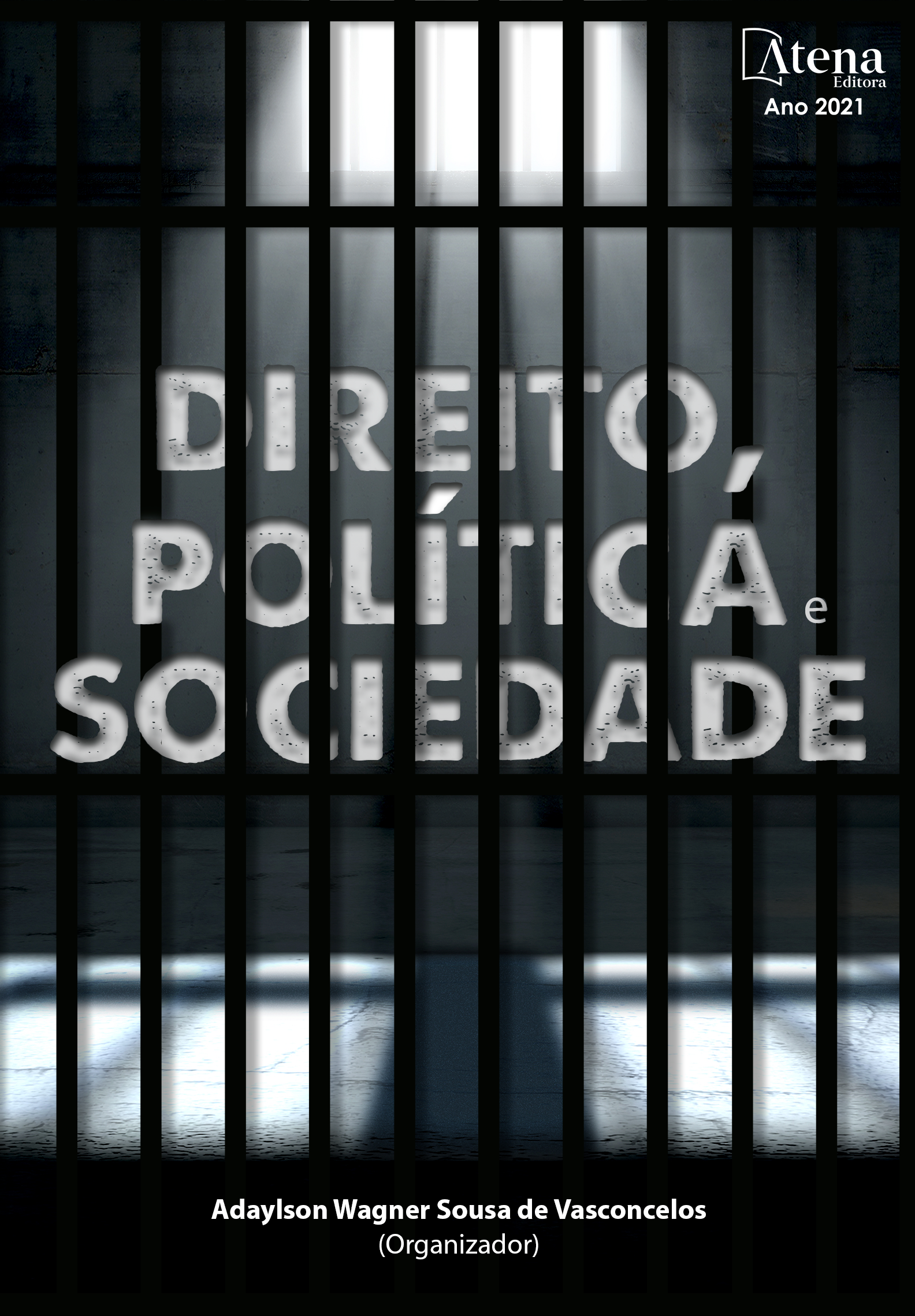
PRISÃO DO DEPOSITÁRIO INFIEL NA ESFERA PENAL: UMA ANÁLISE DO PRECEITO PRIMÁRIO DO CRIME DE APROPRIAÇÃO INDÉBITA À LUZ DA SÚMULA VINCULANTE 25 DO SUPREMO TRIBUNAL FEDERAL E DE NORMAS INTERNACIONAIS
A Convenção Americana sobre Direitos Humanos proíbe expressamente a detenção por dívidas, excetuando apenas a prisão por débitos de natureza alimentar. Com a internalização da Convenção no ordenamento jurídico brasileiro, iniciou-se uma acalorada discussão doutrinária e jurisprudencial acerca da possibilidade de prisão do depositário infiel. O debate culminou com a edição do verbete sumular 25 pelo Supremo Tribunal Federal, que declarou a ilicitude da prisão civil do depositário infiel, independentemente da modalidade de depósito. A Súmula baseou-se no Pacto de San José da Costa Rica, mas trouxe duas relevantes diferenças em relação à norma internacional. A primeira refere-se ao agente imune à detenção; enquanto a Convenção protege o devedor, a Corte Suprema salvaguarda o depositário infiel. Assim, é necessário distinguir esses dois agentes para verificar se a primeira expressão abarca a segunda e, consequentemente, se a Convenção tutela o depositário infiel. A segunda diz respeito ao tipo de prisão. A Convenção Americana sobre Direitos Humanos é genérica quando determina a impossibilidade de prisão por dívidas, não distinguindo a esfera penal da cível. Por outro lado, o Supremo Tribunal Federal faz menção apenas à prisão na esfera cível, preservando a possibilidade de detenção no âmbito criminal. Com isso, o enunciado não se aplica ao preceito primário do artigo 168 do Código Penal, que prevê o crime de apropriação indébita. No tipo, há previsão, inclusive, de causa especial de aumento nos casos de depósito necessário ou judicial. Desse modo, este estudo analisa a possibilidade da prisão do depositário infiel na esfera penal, considerando a Constituição da República, a Súmula Vinculante 25, a Convenção Americana de Direitos Humanos e o Pacto Internacional dos Direitos Civis e Políticos.
PRISÃO DO DEPOSITÁRIO INFIEL NA ESFERA PENAL: UMA ANÁLISE DO PRECEITO PRIMÁRIO DO CRIME DE APROPRIAÇÃO INDÉBITA À LUZ DA SÚMULA VINCULANTE 25 DO SUPREMO TRIBUNAL FEDERAL E DE NORMAS INTERNACIONAIS
-
DOI: 10.22533/at.ed.5572106127
-
Palavras-chave: Apropriação indébita. Depositário infiel. Dívidas. Obrigação contratual. Prisão civil. Prisão criminal.
-
Keywords: Misappropriation. Unfaithful custodian. Debts. Contractual obligation. Civil prison. Criminal arrest.
-
Abstract:
The American Convention on Human Rights expressly prohibits detention for debts, excepting only imprisonment for debts of a food nature. With the internalization of the Convention in the Brazilian legal system, a heated doctrinal and jurisprudential discussion began about the possibility of imprisonment of the unfaithful depositary. The debate culminated in the edition of summary entry 25 by the Federal Supreme Court, which declared the unlawfulness of the civil imprisonment of the unfaithful depositary, regardless of the type of deposit. The Precedent was based on the Pact of San José in Costa Rica, but brought two relevant differences in relation to the international norm. The first refers to the agent immune to arrest; while the Convention protects the debtor, the Supreme Court safeguards the unfaithful depositary. Thus, it is necessary to distinguish these two agents to verify whether the first expression includes the second and, consequently, whether the Convention protects the unfaithful depositary. The second concerns the type of prison. The American Convention on Human Rights is generic when it determines the impossibility of imprisonment for debts, not distinguishing between the criminal and civil spheres. On the other hand, the Supreme Court only mentions imprisonment in the civil sphere, preserving the possibility of detention in the criminal sphere. Thus, the statement does not apply to the primary precept of article 168 of the Penal Code, which provides for the crime of misappropriation. In the type, there is even provision for a special cause of increase in cases of necessary or judicial deposit. Thus, this study analyzes the possibility of imprisonment of the unfaithful depositary in the criminal sphere, considering the Constitution of the Republic, the Binding Precedent 25, the American Convention on Human Rights and the International Covenant on Civil and Political Rights.
-
Número de páginas: 19
- Ronaldo Boanova da Silva


